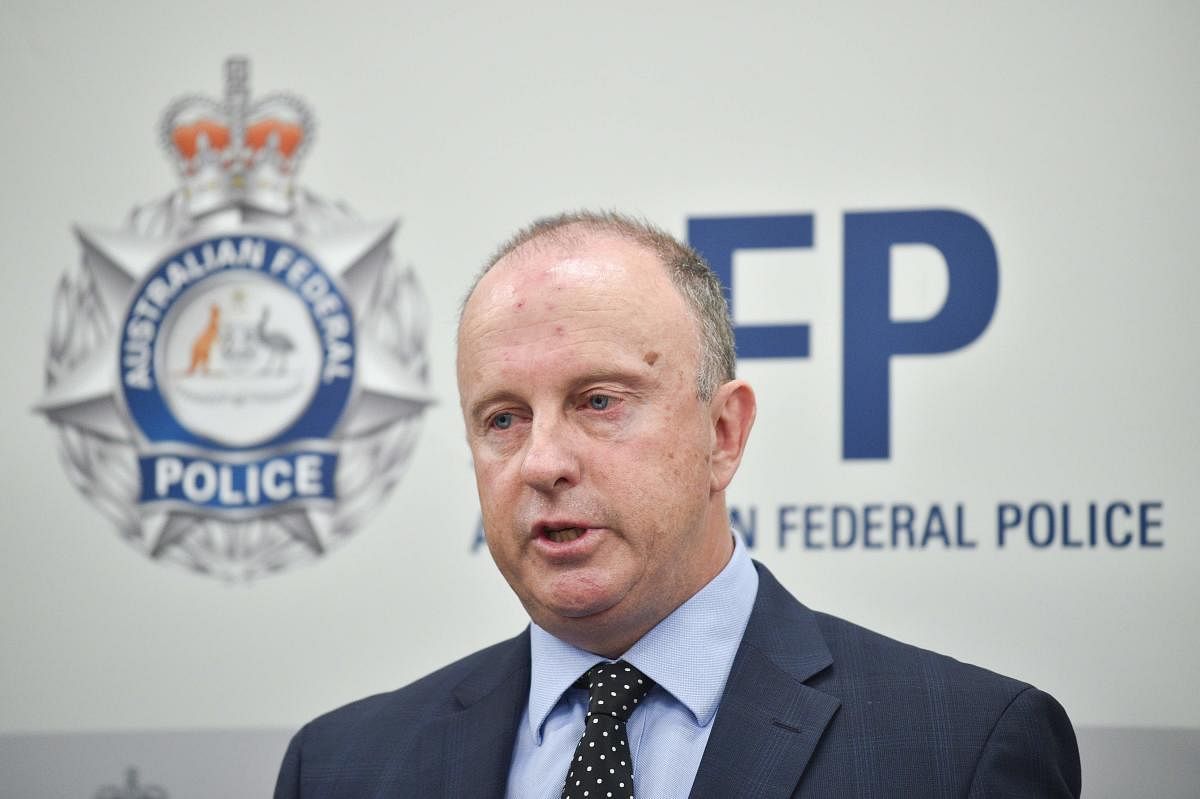
The Australian government has confiscated three properties from a Chinese national after a joint money-laundering investigation with China, police said on Saturday.
The Melbourne real estate was owned by a 32-year-old Chinese national who had been using an assumed name and had relocated to the Caribbean, the Australian Federal Police (AFP) said in a statement on their website.
A two-bedroom apartment, a five-bedroom house and a property that used to house a supermarket were collectively valued at A$4.2 million ($2.94 million) and will be sold.
The proceeds will be used for law enforcement initiatives, the AFP said.
China's main policing agency, the Ministry of Public Security, asked for Australia's help in 2016 to identify two Chinese nationals whom Beijing said defrauded money from investors.
Police say the pair laundered the money by setting up shell companies to buy Australian real estate, jewelry and vehicles.
The assets were frozen in November, and the Supreme Court of Victoria ordered the forfeiture of the three properties on Friday.
"Today marks six months since the first restraining order was obtained and, in the absence of proceedings commenced by the respondent, the assets were officially forfeited to the Commonwealth," the AFP said on Saturday.
It is the first forfeiture of assets under a joint agency agreement between the Australian Federal Police and China's Ministry of Public Security since the Joint Agency Arrangement on Economic Crime Co-operation was re-signed in December.
"This operation further highlights the AFP’s relationship with the MPS and ongoing close collaboration," the AFP said.
Australia has long co-operated with China in an effort to crack down on money launderers.
In 2017, Australian police assisted China’s “Operation Fox Hunt” to snare suspected corrupt officials from China who fled overseas or had hidden assets offshore.
In November, the AFP said there had been three separate investigations since October 2018 into Chinese nationals creating shell companies in Australia to launder money and evade tax.
By December, the investigations had resulted in the freezing of more than A$15.7 million ($10.99 million) worth of assets as proceeds of economic crime from China, the AFP said.